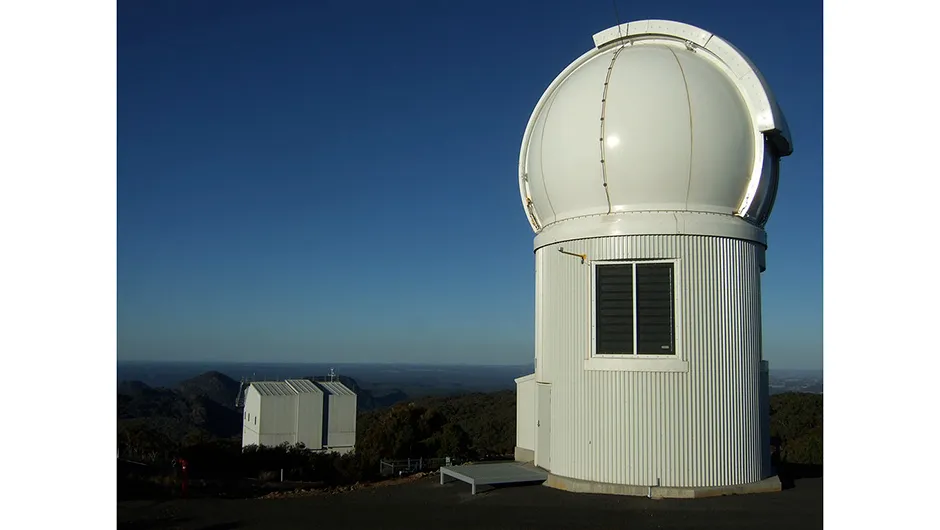Astronomers have discovered the fastest-growing black hole in the Universe, a massive object that consumes a mass equivalent to our Sun every two days.They made the discovery by peering so far into the cosmos that they could see the Universe as it existed 12 billion years ago.
At this time, the supermassive black hole is thought to have been the size of about 20 billion Suns, and growing at a rate of one per cent every one million years.
The team used the SkyMapper telescope at theANU Siding Spring Observatoryto view the light from the black hole in near-infrared, as the light waves had red-shifted during their journey over billions of lightyears.
This is caused by the Universe expanding over the time it took the light to reach Earth.
The black hole is growing so quickly that it shines thousands of times more brightly than a galaxy.
It does so because of the heat energy created by infalling matter.
If the black hole were located at the centre of the Milky Way, we would see it on Earth as an object ten times brighter than the full Moon.
It would appear brighter than all the stars in the sky.

“If this monster was at the centre of the Milky Way it would likely make life on Earth impossible with the huge amounts of X-rays emanating from it," says Dr Christian Wolf of the Australian National University (ANU), who led the study.
"We don't know how this one grew so large, so quickly in the early days of the Universe.
"The hunt is on to find even faster-growing black holes."
